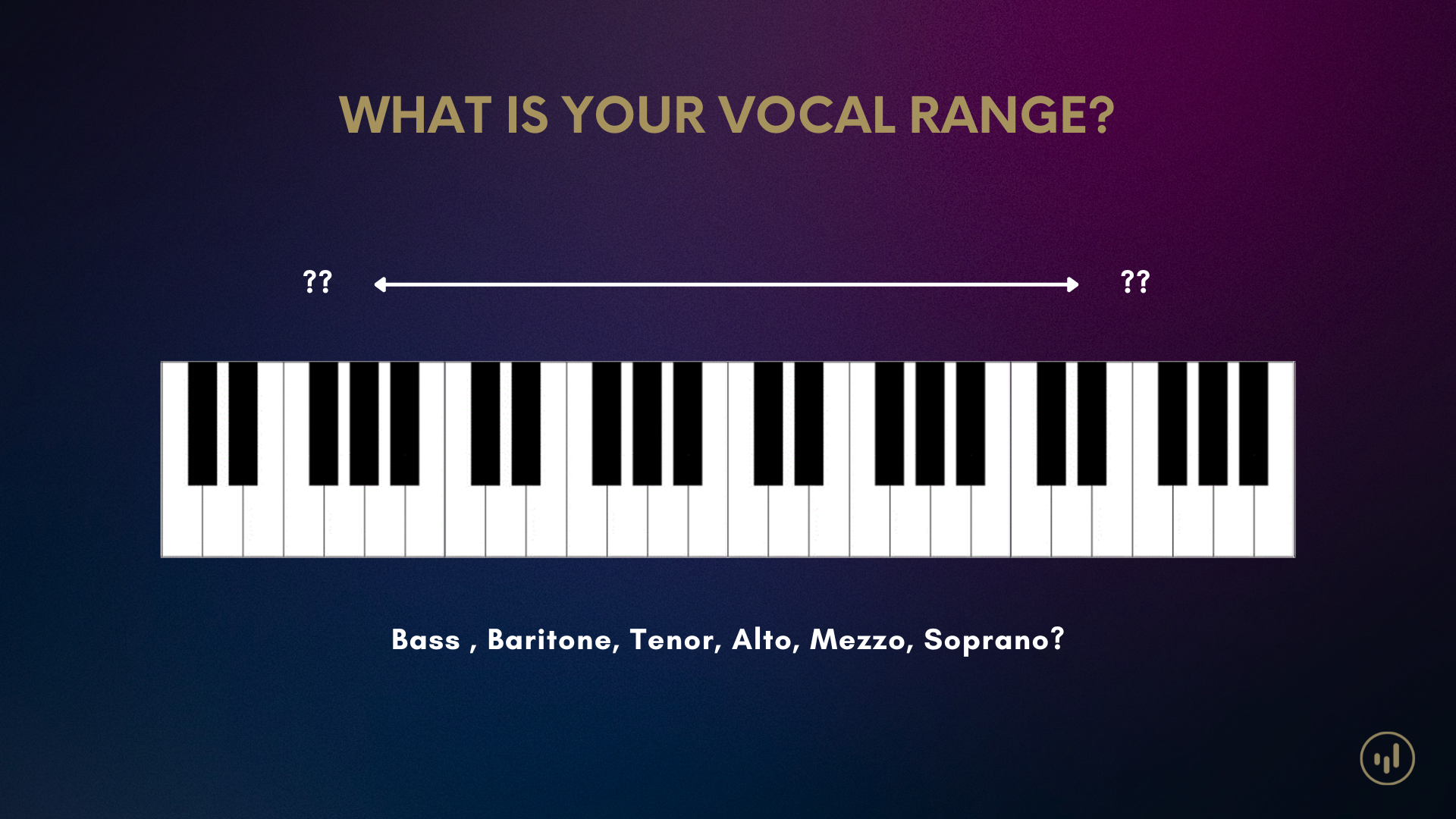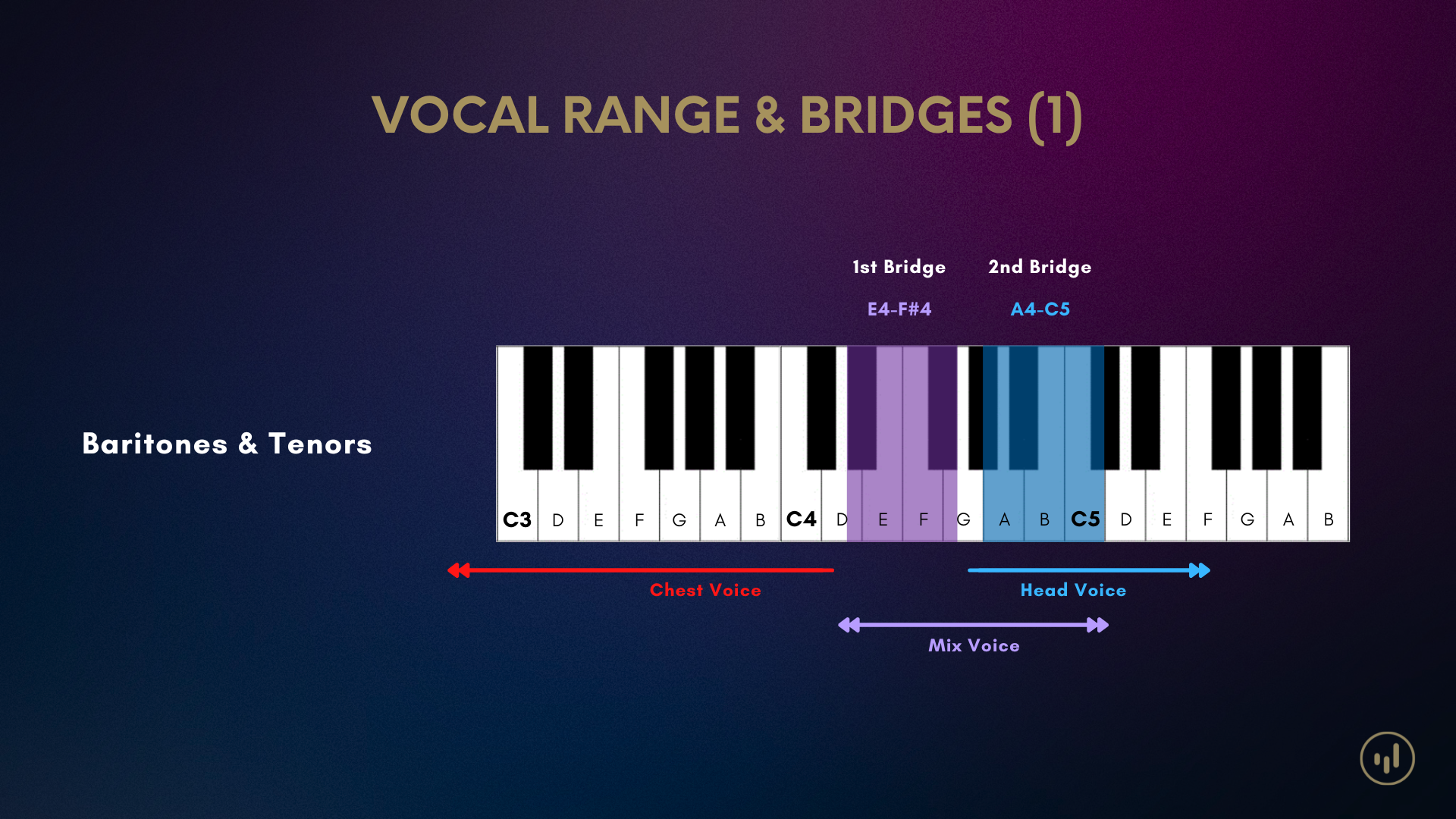Ace Your Auditions! (Part 1 of 3)
Welcome to Day 1 of our 3-day series, where I’ll share with you how to greatly increase your chances of success in singing competitions!
This is Kenogi, director of Vocal Evolution, and over the next 3 days, I’ll be sharing insights I’ve gained from me being:
A vocal coach for close to 5 years
A contestant in multiple singing competitions since my childhood days
A judge for singing competitions by organisations like V Sing SG and NTU’s CAC CenterStage
At NTU CAC CenterStage 2023
Today, we’ll start with the foundation – Knowing Your Voice.
Having worked with contestants of various auditions and competitions, it always surprises me that most of them have little to no clue about how their voice works.
No, you don’t need to be a rocket scientist to be a good singer, but you need to know the basics, because if you don’t then you will have nothing to rely on when your voice doesn’t work the way you want to.
Here are 3 essential things you need to know about your voice as a singer:
1. Your Vocal Range
All songs have their own specific ranges, and before we can pick a song that suits your range, you need to know how low or high you can sing.
Some ways you can do this:
Use a piano or download a piano app
Find a vocal range tester online
Book a consult with a qualified vocal coach
What’s not so ideal about using vocal range testers is that it’s one thing to know your absolute lowest and highest notes, but if you’ve had some experience in singing, you would know that there tends to be vocal struggles that arise long before you reach anywhere close to your absolute highest note.
Some common struggles:
Instability
Straining
Yelling
Breaking
And this brings us to the next point…
2. Where Your Voice Breaks or Transitions
Ah… the source of much misery for almost all singers (excluding the extremely talented ones).
Known by a few terms – bridge / passage / passagio – there are a few of them in the middle of one’s vocal range.
They are where the voice transitions from one coordination to another, and singing feels a lot more difficult in these areas than in the other areas of the range.
In cases of very underdeveloped voices, it may even feel like it’s the maximum highest for them, and anything beyond that is completely unusable in singing!
For most people, either the first or second bridges are going to be the most problematic, and you will find their approximate locations in the charts below:
Working on the bridges does not only help to extend one’s range, but it also promotes vocal function, improves tone, and within the context of a singing competition, it’s the secret behind the powerful high notes that almost all judges would want to hear!
3. Identifying Your Major Singing Struggles
We’ve been talking about vocal technique in the last two points, and although it is an essential foundation of singing, singing well is a lot more than that.
3 Aspects of Singing
Vocal Technique
Function e.g. Is the voice working well?
Capability e.g. Strength, range, etc.
Musicianship
Sense of Music e.g. Singing on pitch and in time
Knowledge of Music e.g Theory, reading, writing, etc.
Artistry
Style e.g. Genre-specific elements, riffs & runs, vocal effects, etc.
Interpretation & Showmanship e.g. Emotional expression, audience engagement
When working on your singing, there are going to be tons of things that can be improved in many of the aspects above.
The way to do it is the way of the essentialist:
Knowing that the foundational requirements for good singing is having a stable, functional voice (vocal technique) that is able to sing on pitch and in time (musicianship)
Picking the major one or two things that are holding your singing back the most and resolving them before moving on to the other things.
This tends to be very difficult for untrained singers to correctly identify on their own, but the skill can be developed through education and/or coaching.
Final Thoughts…
Taking on the path of vocal development can feel overwhelming for some, but having been a student and teacher of singing, I have seen how fulfilling it can be for both myself and my students, and how it’s an amazing avenue for personal development.
Most of our students actually find the experience easy and enjoyable when they have the right knowledge, coupled with guidance on how to apply them the right way.
Stay tuned for Day 2, where I’ll talking how to choose the right song for your voice.
P.S. We’re having a competition prep masterclass for our finalists that will be conducted by me and Syakirah (an international artist and also one of our VE coaches), and we’ve decided to open it up to all our students!
It’ll be 3 sessions (you can register for them individually), and the first one starts this Sunday . You can choose to learn from watching how we train our singers, or get coached alongside them.
This will be very valuable for those who want to learn how to perform with confidence and finesse, regardless of whether you’re into singing competitions.
If you’re interested to find out more, please send us a message saying “MASTERCLASS” and we’ll give you more details!






